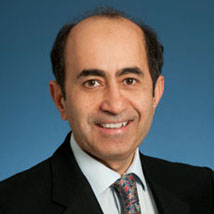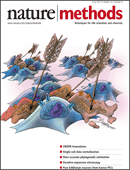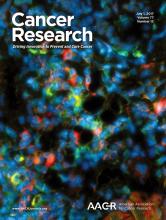 WASHINGTON, D.C — Last week, former brain scientist Christian Kreipke stared down the third set of research misconduct allegations against him since 2011. Or, possibly, according to him, it was the third iteration of the same research misconduct allegations he’s faced for years, a piling on by the most powerful of the three institutions out to ruin him after he allegedly uncovered a grant fraud scheme at Wayne State University, his former employer.
WASHINGTON, D.C — Last week, former brain scientist Christian Kreipke stared down the third set of research misconduct allegations against him since 2011. Or, possibly, according to him, it was the third iteration of the same research misconduct allegations he’s faced for years, a piling on by the most powerful of the three institutions out to ruin him after he allegedly uncovered a grant fraud scheme at Wayne State University, his former employer.
All the same, over three days Kreipke faced off against the U.S. Office of Research Integrity in a virtual administrative law courtroom as he contested a finding of research misconduct and an accompanying 10-year ban on receiving federal funding. In Washington, prosecutor Patricia Mantoan, a U.S. Department of Health and Human Services (HHS) attorney representing the ORI, brought the government’s case against him, wrapping up well before the end of Monday, July 10. Onlookers at the public hearing watched on video monitors as Kriepke sweated, literally, through hours of testimony, much of it with him on the witness stand. Despite being confined to what his lawyer, Shereef Akeel, of Detroit-area firm Akeel & Valentine called an “85 degree” room at the U.S. District Court in Detroit, Kreipke’s defense team took their time laying out his side of the story.
Since the allegations were first raised, Kreipke’s defense has remained largely the same: the misconduct allegations from Wayne State, brought in 2011, are retaliation against him for raising doubts the year before about accounting practices related to federal grants. At trial, Akeel characterized Wayne State’s misconduct investigation as a “witch hunt” that was out to get Kreipke, no matter what. Continue reading Ex-Wayne State scientist, ORI square off in court
 A cardiology journal has retracted a paper after the authors were unable to provide correct pathology slides to replace the wrong ones submitted with the original manuscript.
A cardiology journal has retracted a paper after the authors were unable to provide correct pathology slides to replace the wrong ones submitted with the original manuscript.
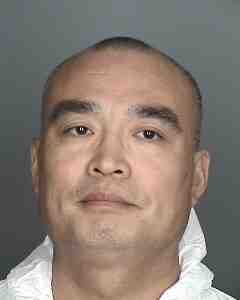

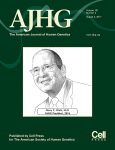 The father of a boy with a rare genetic mutation has accused a scientist of exploiting his child by proclaiming the defect a “genetic syndrome” and naming it after herself.
The father of a boy with a rare genetic mutation has accused a scientist of exploiting his child by proclaiming the defect a “genetic syndrome” and naming it after herself.
